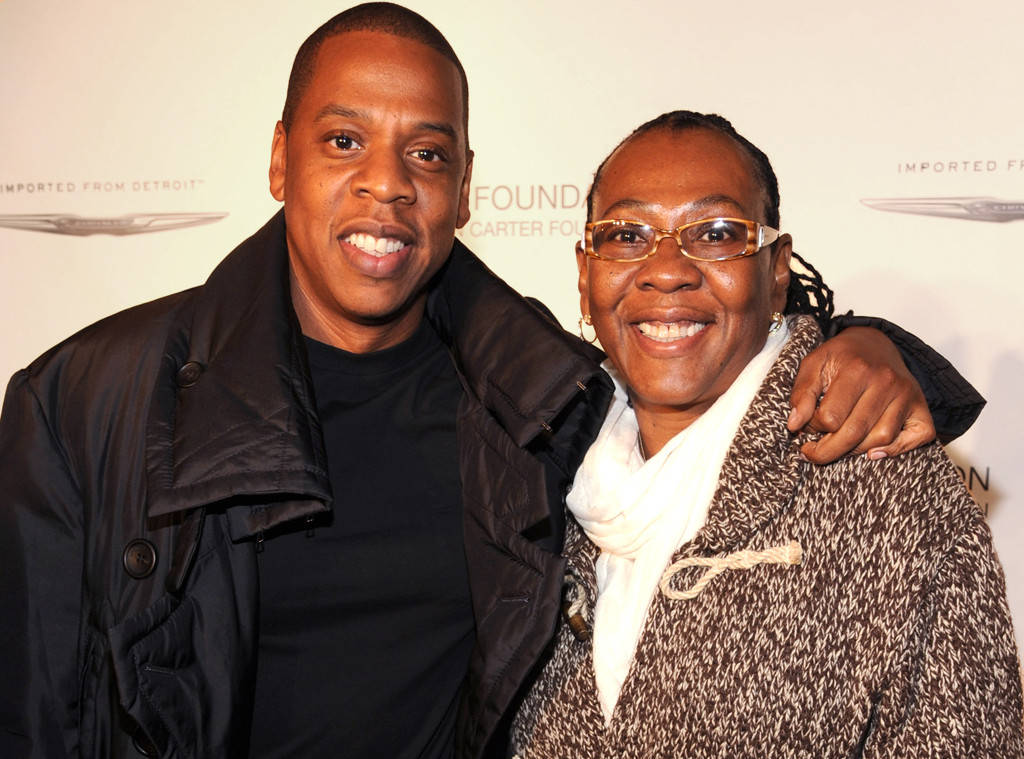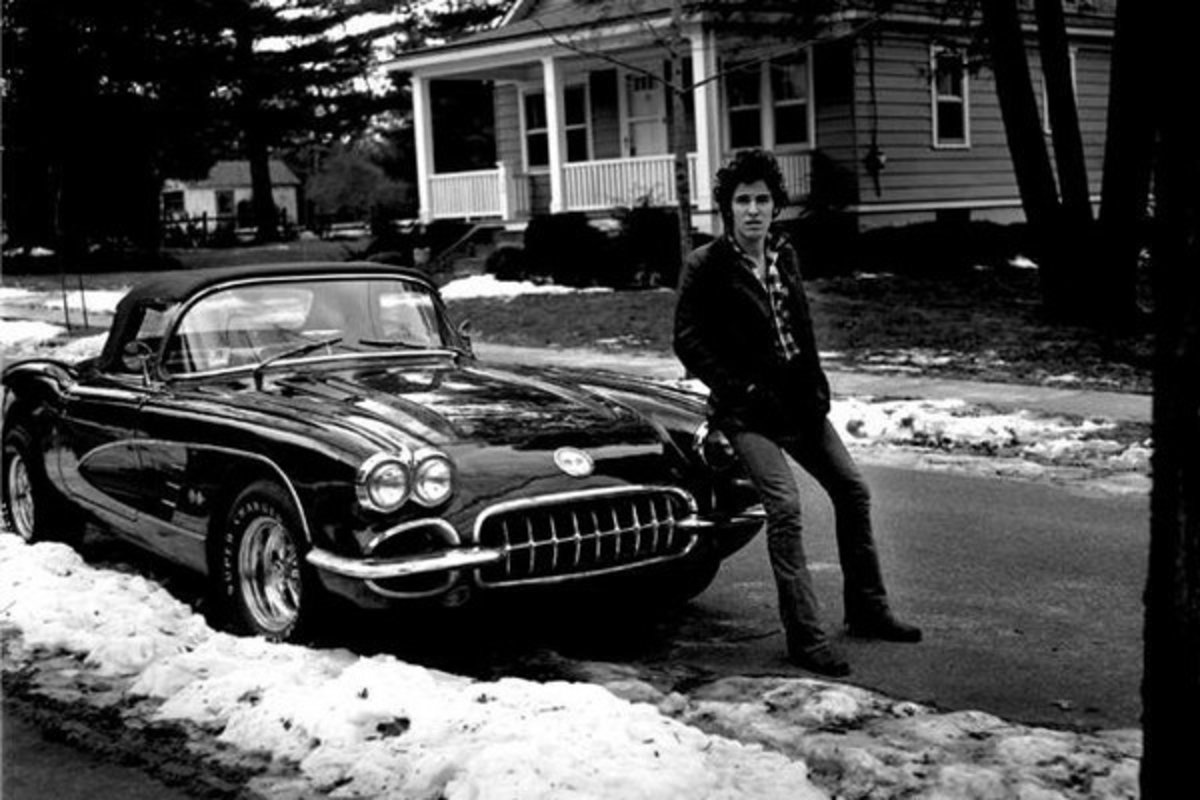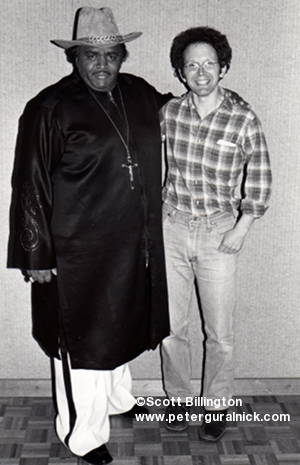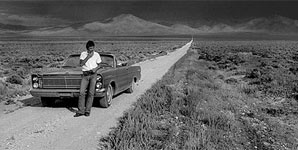Music
Bitter Geezer (Tale of Tubb)
Proto-punk Richard Meltzer was ready for country before most rock critics of his generation. This 1973 review of an Ernest Tubb album was more than a hoot.
Merrill Garbus & The Wokeness Unto Death
For being an “outside artist,” Merrill Garbus of Tune-Yards has never lacked in critical applause. The lo-fi Afrobeat of her 2009 debut Birdbrains immediately established her as a singular voice in the freak-folk music world. The gigantic production and stylistic leap of Whokill, her 2011 sophomore effort, landed her on many year-end best-of lists. More recently she was commissioned to create the theme music for the New Yorker Radio Hour. As a fan, I’ve worried with each new release she’d morph her authentic weirdness into easily digestible hipster marketability. But she’s resisted that impulse. Unlike the manufactured weirdness of a Lady Gaga, her introspection and restlessness have kept her music from becoming self-help dance muzak. Her defiant neuroticism resists any easy boxing-in.
“Sidewalks, Fences and Walls”
Solomon Burke cut “Sidewalks, Fences and Walls” long after he sang songs that made him “King of Rock and Soul” in the 60s. There’s a good cover by Bob Dylan (on a bootleg) which steered your editor to the original. Other Firsters had already heard and loved it. More from one of them below…
“What man isn’t a Solomon to some missing-Mary in his life?
I can’t fucking believe she married Billy. Billy!”
Eminen and Trump: Fratricide in the White Imagination
The figure of Slim Shady haunts the moldering corridors of the Midwest. In every town you’ll meet them–tall, pale young men in hoodies on the margins of the mainstream economy. They roam the busted landscape of blue-collar America, enacting private sagas of self-destruction in search of some lost myth of unsullied masculinity.
Hey Ho, Let’s Go
One critic said that British punks sang anger, Americans, pain. But punk was more than emotion, more than the sense of humor the Ramones brought to the mix, more than the adrenaline rush of a live show, more than the aura of sex around everything.
Eminent Domain
It was a raw winter night in Greenwich Village in 1978. I was tending bar at Bradley’s, a now long gone, legendary saloon on University Place that featured the best piano jazz on the planet. The supremely gifted veteran, Jimmy Rowles, was at the keyboard, Sam Jones was playing bass, and all was right with the world. I loved my job because I loved the music.
Canciones Para Puerto Rico
Chatter about “Almost Like Praying”–the song Lin-Manuel Miranda wrote and recorded to benefit hurricane relief efforts in Puerto Rico–reminded your editor of this performance by the brothers Palmieri and salsero Ismael Quintana…
Grown-Up Hip Hop

Jay-Z & his mother Gloria Carter rap about her coming out in “Smile”–an exemplary track on 4:44.
Citizen Jay-Z
Originally published in 2001.
Acts of Creation
Originally posted in 2012.
“New Day” – the song at the heart of Jay-Z’s and Kanye West’s collaborative CD Watch the Throne – is about the prospective joy (and pain) of fathering a…Brother.
Back to Life (Redux)
Excerpted from a piece originally published in First in 1999.
When rap star Jay-Z was fourteen—angry about a stolen/borrowed piece of jewelry—he ended up shooting his older brother. He rhymes about this in “You Must Love Me” (In My Lifetime, Vol. 1)
Peggy Lee Revisited
A recent discussion on the message board brought back memories from my youth of a glamorous figure in a time when glamour had not yet assumed the tawdry implications that would later become attached to it. In 1959, Peggy Lee appeared in an engagement at a nightclub in New York City called Basin Street East, a place in which she’d achieved a triumph the year before. The poster announcing her return was displayed in front of the club and became a sensation unto itself. Versions of it made their way into newspapers, and it was pasted up on available surfaces everywhere on the island of Manhattan. In it, Peggy was wearing a white, backless, sequined gown, and the picture was taken from behind. Her bare back, revealed to the waist, was a thing of beauty to behold, and she was looking over her shoulder, her mysteriously lovely countenance caught in a look of elegant seduction. Whatever else she might have been, she was certainly an astonishing presence. Sparks seemed to fly away from her person and draw strangers into the aura they projected. This startling vision was, at the same time, contrasted by a clear statement of aloofness, distance, and unavailability. There was no question that the image being observed, although unquestionably magnificent, was an artifice that she had created. It was a measure of her talent in this regard that nobody ever asked about the real woman behind the mask. In bold letters above the photo, the caption read, “PEGGY’S BACK!”
Coming Out
He says he’s got the vision thing
His brain is like a TV show
A madder, badder, sadder king
If he should lose his mind how would we know
[Full Lyrics Below]
White Folks Love Kendrick Lamar
Out in the Midwest, the Default don’t provide much connection to Black Culture. The barrier’s mostly cultural I’ll admit, but I’d like to suggest the geographical plays a part as well. Bumping bass amidst corn fields and moldering barns just feels mostly lonely. To “get” hip-hop you really got to put some work in.
Cowgirl, Cowboy
ooh ooh ooh weep padoo,
ooh ooh ooh wooop padoo
ooh ooh, ooh
ooh ooh ooh weep padoo
singing their cowboy song
Cowboy couldn’t believe Emmy Lou sang that song. He’d thought it was a throw-away – though he’d found it infectious beginning age six – from a cowboy compilation record with a wild west lasso cover, and lyrics remembered as the kid heard it: not “cattle call,” but “cowboy song,” and maybe he heard it right.
Travel Guide (Part One)

This essay links trips in Bruce Springsteen’s memoir, Born to Run, to rambles in Russell Banks’ Book of Jamaica, Michael Ventura’s Night Time, Losing Time, and Richard Meltzer’s The Night (Alone). It also takes in riffs in Meltzer’s reportage and recordings–including Springsteen’s (out of the archives though still under the radar) Hammersmith Odeon, London ’75–that soundtrack passages in Born to Run. But foundational things first: the book of Bruce comes out of Jack’s so this tour starts with…

